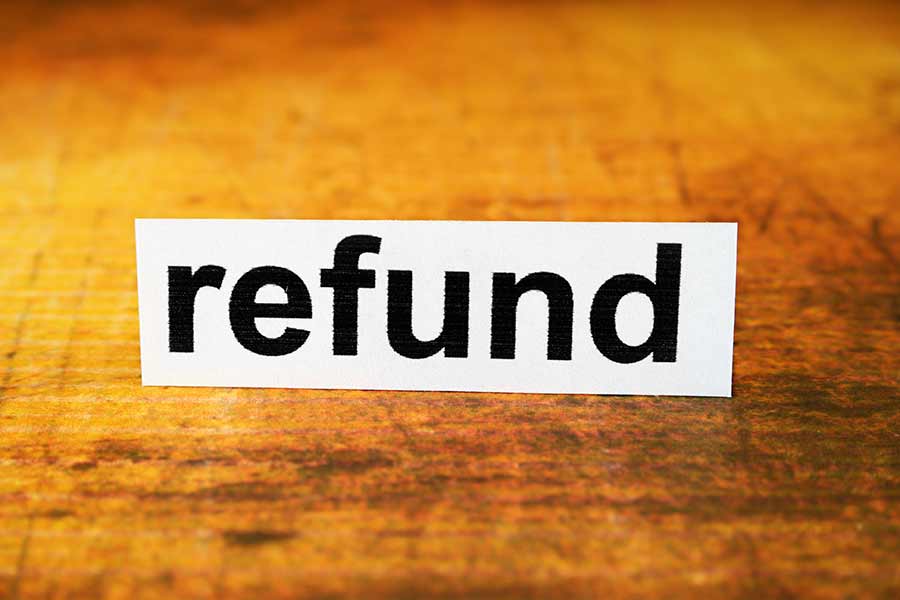When the IRS processes your tax return, they determine who owes money to whom. If you have paid an amount higher than your tax liability, you may receive a tax refund. Assuming there are no reasons to withhold your refund, you now have several options in how you will handle this lump sum payment. Filers are urged to carefully consider all of these options to get the most out of their hard earned cash. Here we look at what you should and should not do with your income tax refund.
Let’s begin with a few options which will take you one step closer to achieving other financial goals. Do:
- Pay off liability – This option is one of the least attractive if you are looking for “fun” ways to spend your money. On the other hand, it is one of the best ways to improve your financial situation to allow for more disposable income in the future. Lump sum payments to credit card balances and other liabilitys are one of the best ways to pay off the money you owe.
- Save and invest – Other great ways to apply this lump sum payment toward a better financial future would include savings and investments. If you do not already have an emergency fund, consider starting one. A Roth IRA is a great investment vehicle to save toward retirement.
- Splurge (a little) – From a purely financial perspective, splurging offers no monetary benefits. Responsible money management does not mean you must deprive yourself of all things enjoyable in life. In fact, your end goal should be to achieve the financial freedom needed to live comfortably. The occasional splurge on self or family can be a great motivator to continue working toward financial independence.
If you work hard for your money and want something to show for your efforts, the following options are not your best choice. Don’t:
- Nickle and dime it away – We don’t often get lump-sum payments to apply toward a big purchase or tuck away in savings. If you know you are getting a refund, take a close look at your finances to find out where best it would be applied. If you do not use it toward liability, savings or investment at least have a plan for it to avoid nickling and diming it away little by little on random purchases. If you have to spend it, make it a memorable purchase instead of looking back in six months and wondering where your money went.
- Buy things you don’t need – Funny how a little cash in your pocket makes you realize you absolutely must have the latest (fill in the blank). If you didn’t need it before you received your refund, you probably don’t need it now. Remember your income tax refund is just that, a refund of your money which you overpaid to the IRS. It isn’t cash the IRS just had laying around to give away. If you wouldn’t have paid for the much needed item out of your paycheck, don’t use your refund for it either.
- Become a lender – Unless you are considering a legitimate peer-to-peer lending program, don’t get suckered into becoming a bank for someone else. This isn’t unusual considering most people have no problem announcing they are getting a big refund from the IRS. Once it is known that you have cash, there is going to be someone you know who needs to borrow money. If you insist on lending money out to friend or family member, you might do better considering it a gift. That way there will be no hard feelings if the money is never returned.
One other thing you should keep in mind if you are receiving a large tax refund is this is a sign you are just giving Uncle Sam an interest free loan for the year. If you were to receive this money earlier you would be able to start having that money work for you sooner by paying down more liability or putting it towards investments. Having a large tax refund actually costs you money over the year in the form of opportunity costs. If this is the case for you, contact your employer to change your withholdings. Ideally, you should not be owed a refund at the end of the year, better yet, you owe money and have been able to earn interest on money that was owed to the government until it had to be paid back on April 18th.
There are plenty of things you should or should not do with your income tax refund. At the end of the day, it is your decision. By choosing to use your money responsibly, you can improve your financial situation. In doing so you will benefit in the long term, instead of the few moments it might take to spend your refund irresponsibly.



Leave a Reply
You must be logged in to post a comment.